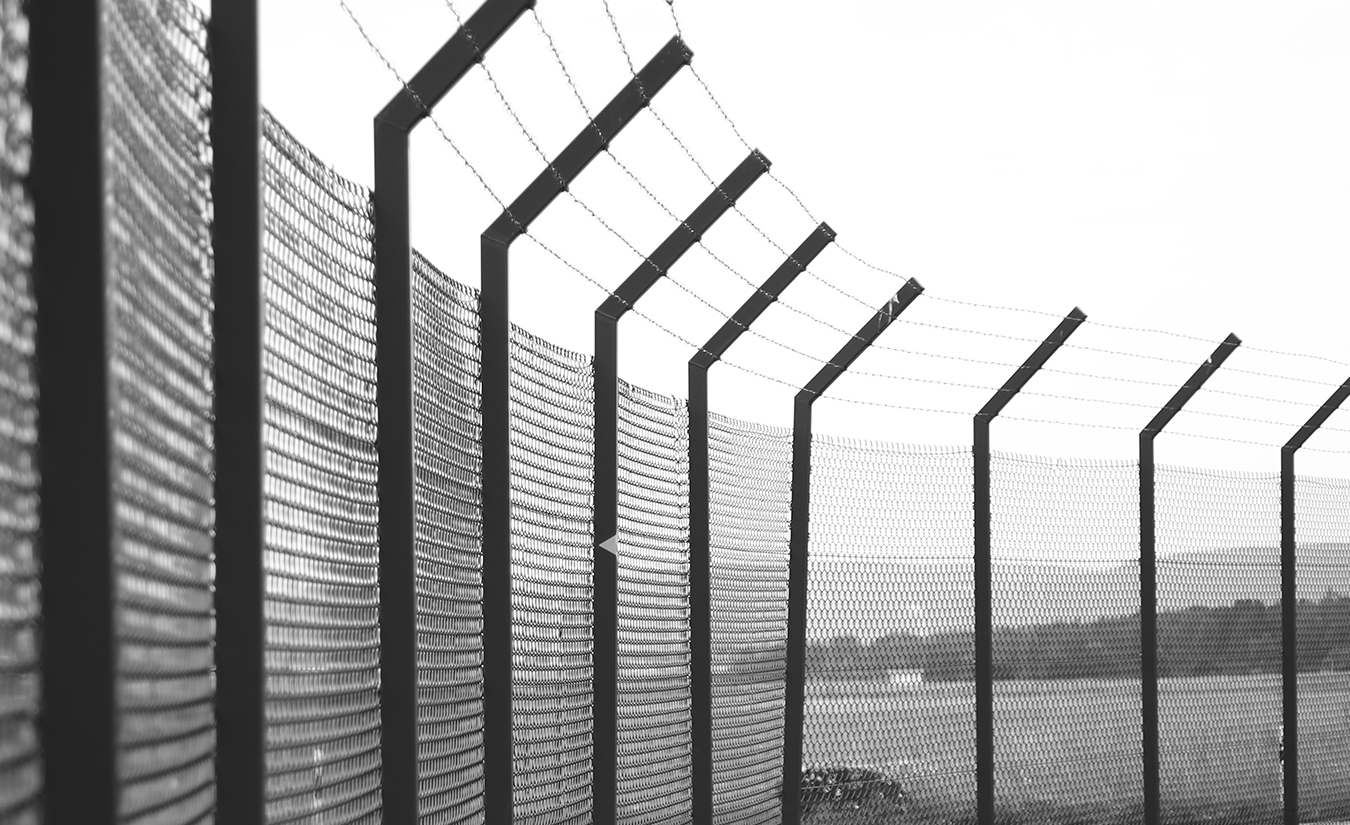Mass incarceration has always been inhumane, but over the course of the COVID-19 pandemic it has also proved to be a public health crisis.
Despite this, jail and prison officials failed to enact basic life-saving measures that would have protected incarcerated people during the pandemic.
Mass incarceration, overcrowding issues in jails, and a lack of basic compassion for incarcerated people created the perfect conditions for COVID to ravage jails, prisons, and immigration detention centers.
Across the country, more than 525,000 COVID cases have been confirmed among incarcerated people, resulting in over 2,700 deaths (though these numbers are surely undercounts). More than 138,000 correctional officers have also tested positive, resulting in at least 261 deaths.
Tragically, reductions in the United States incarceration rate would have prevented millions of COVID-19 cases and tens of thousands of deaths – not just inside jails and prisons, but in their surrounding communities.
At the onset of the pandemic, the ACLU of Indiana and others across the nation warned of severe outbreaks in jails and prisons, and demanded emergency steps be taken to decarcerate individuals at high risk of death due to COVID.
Among the measures taken, some states and localities reduced low-level arrests, or set bail to $0 for certain charges. Other officials, sometimes under court order, released a small subset of incarcerated people who were nearing the end of their term or were most vulnerable to the disease.
In some instances, governors commuted sentences, state legislatures passed bills to release people early, and federal courts ordered federal immigration authorities to immediately release people from prisons.
In Indianapolis, judges worked to release individuals with low-level offenses and IMPD shifted to issuing summonses for non-violent misdemeanors instead of making arrests.
This proved that key decision makers such as police, judges, prosecutors and elected officials have the power to release people when they deem it appropriate.
One study found that jail populations in 11 Indiana counties shrunk by nearly 21 percent during the early months of the pandemic.
Local officials should take the lessons of the pandemic to heart. Efforts to ensure the safety of individuals who are incarcerated, and to decarcerate low-level offenders, must continue.
Yet across the state, we see jails returning to business as usual – which all too frequently means violating the constitutional rights of individuals who are incarcerated.
Incarcerated Hoosiers cannot afford a return to business as usual in overcrowded and under-staffed facilities, in which their health and safety is disregarded.
Decarceration has always been a matter of life and death.
In fact, a new investigative report by the IndyStar found an incarcerated Hoosier dies in jail, on average, every two weeks. They are dying from suicide, lack of medical care, lack of mental health care, and withdraw symptoms. Most were held on nonviolent charges and had not had their day in court.
The United States Constitution requires that government protect the safety of people who are incarcerated.
In addition to several ongoing lawsuits against Indiana county jails for living conditions that constitute cruel and unusual punishment, the ACLU of Indiana has filed more than 20 lawsuits against the state’s Miami Correctional Facility in just three months for the disgusting and inhumane conditions in that facility.
Judges, elected officials, and correctional officers must value the health and safety of incarcerated Hoosiers. The last year has proven they can and should do it now.

